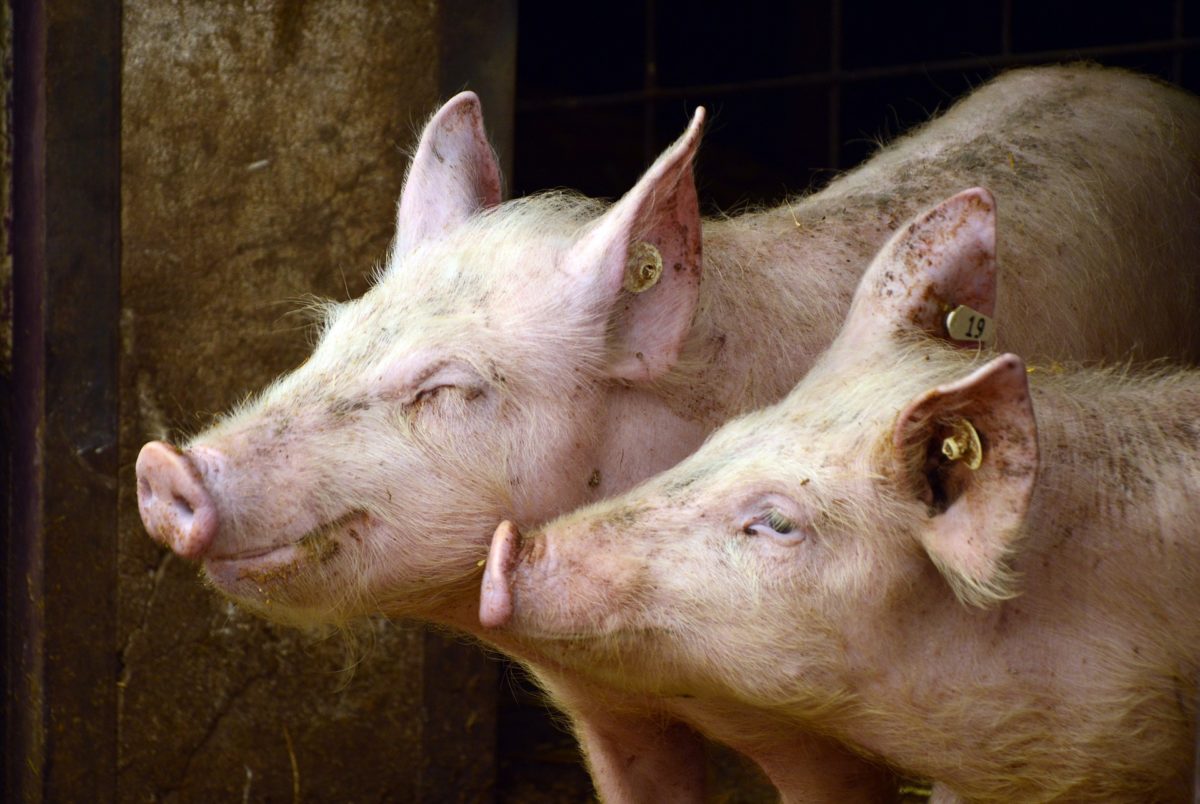The federal government is taking “aggressive steps” to prevent the spread of African swine fever (ASF) to the American mainland.

ASF was first detected in Kenya in the early 20th century, and more recently it has been spreading throughout Asia and parts of Europe, decimating populations of both domestic and feral pigs. In 2021, ASF was first detected in the Western Hemisphere on Hispaniola, the island shared by Haiti and the Dominican Republic.
“The U.S. has remained on high alert and has aggressively taken steps to protect not only U.S. pigs but the rural communities that support the swine industry”™s half a million jobs,” said Dr. Jack Shere, associate administrator of the U.S. Department of Agriculture”™s Animal and Plant Health Inspection Service.
“We have strong safeguards in place, including: a surveillance program to rapidly detect ASF and serve as an early warning system; increased testing capabilities at our National Animal Health Laboratory Network to handle large volumes of samples if needed; enhanced work with U.S. Customs and Border Protection at ports of entry targeting cargo, passengers, and products from ASF-affected countries; added import restrictions on pork and pork products from ASF-affected countries; and increased detector dog teams to sniff out illegal products at key U.S. commercial sea and airports.”






















